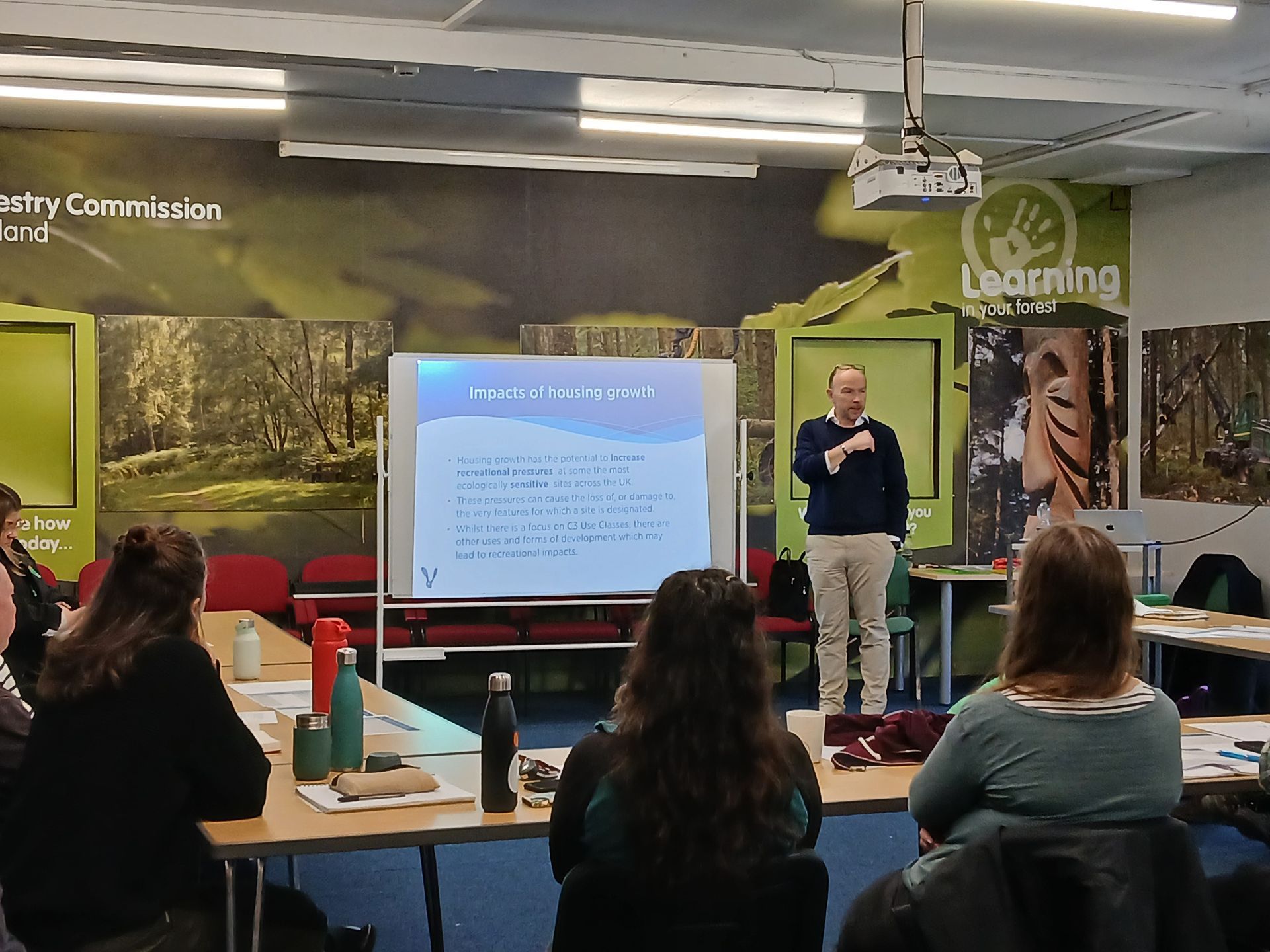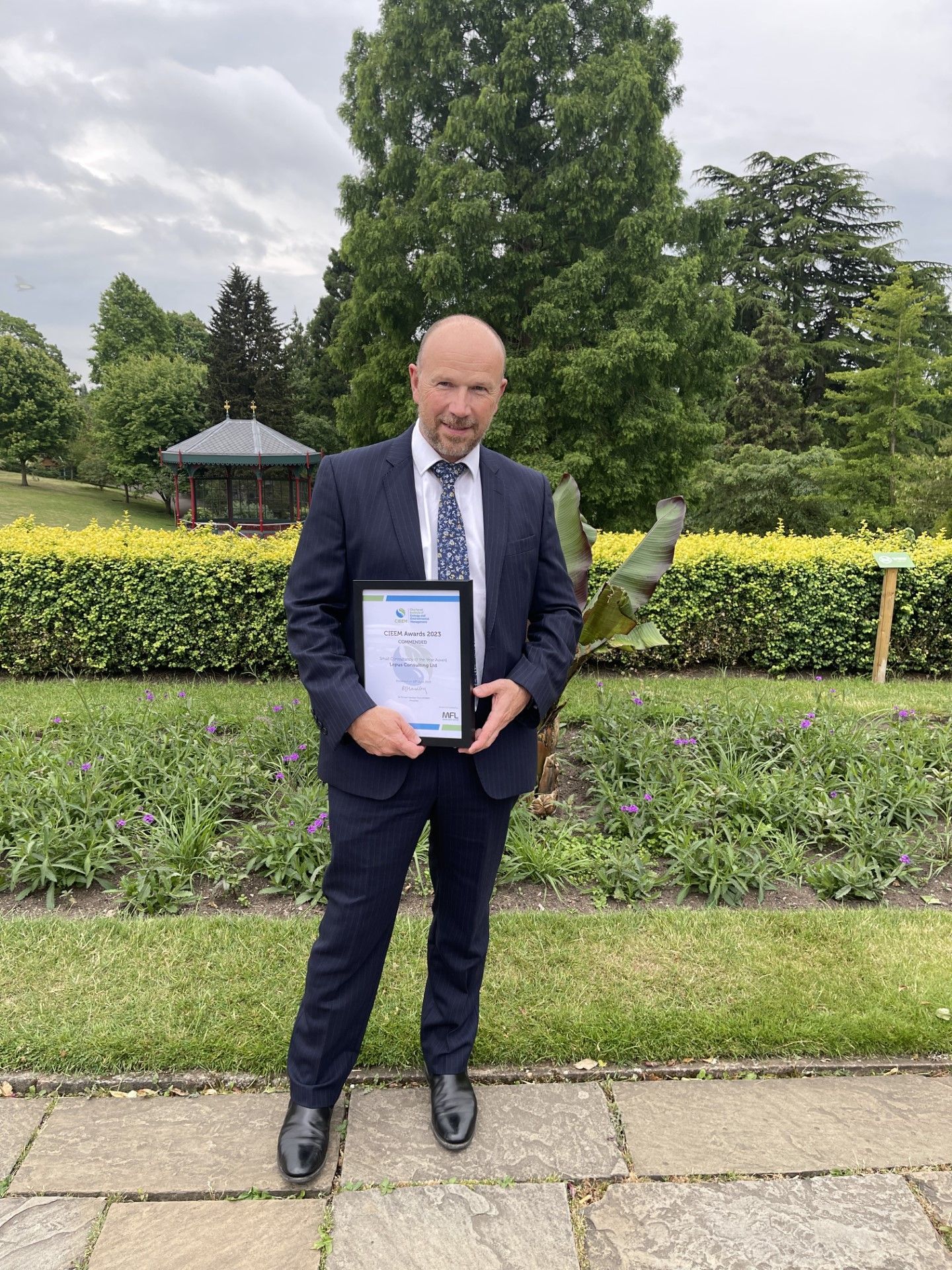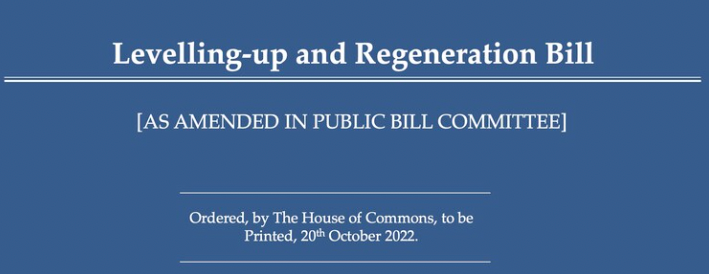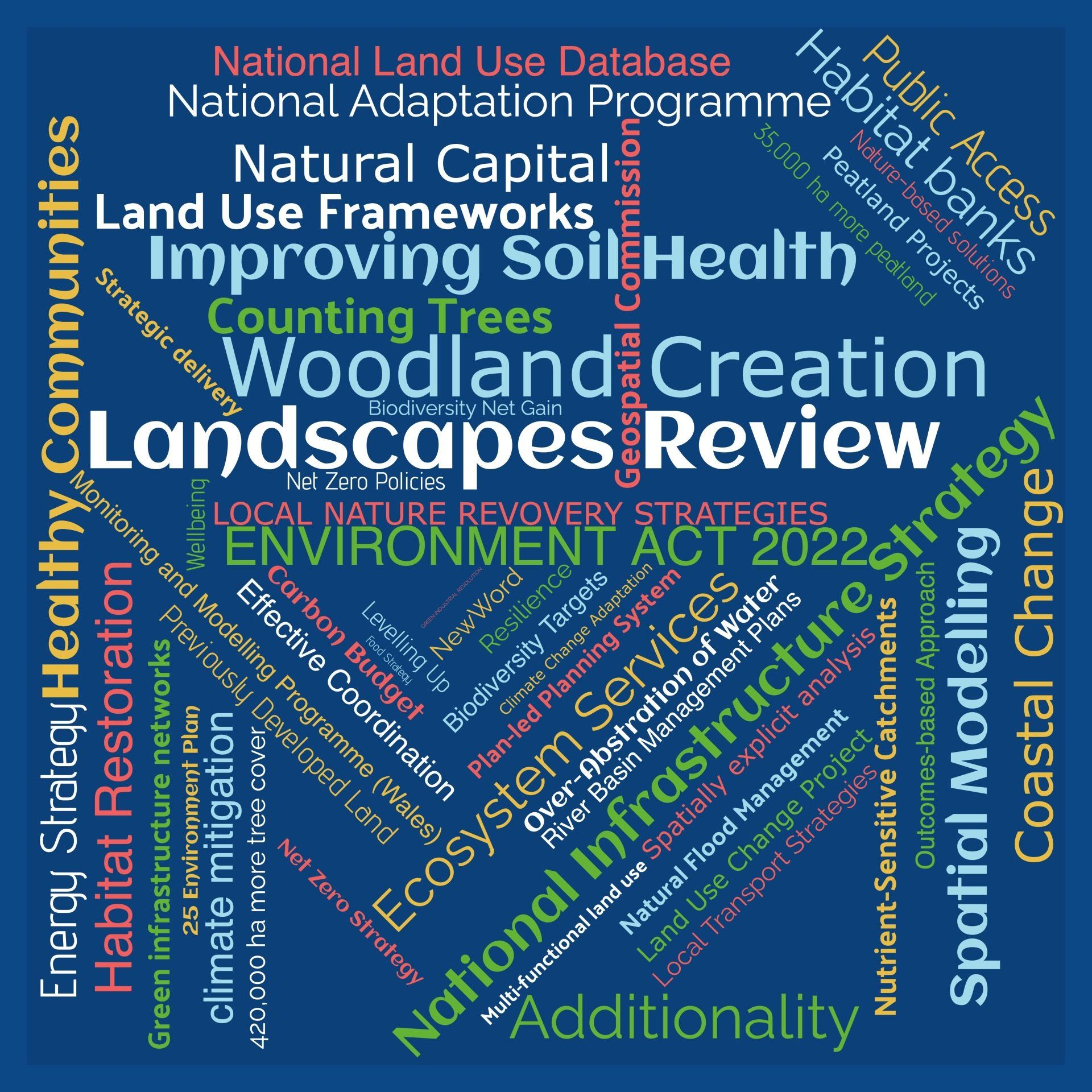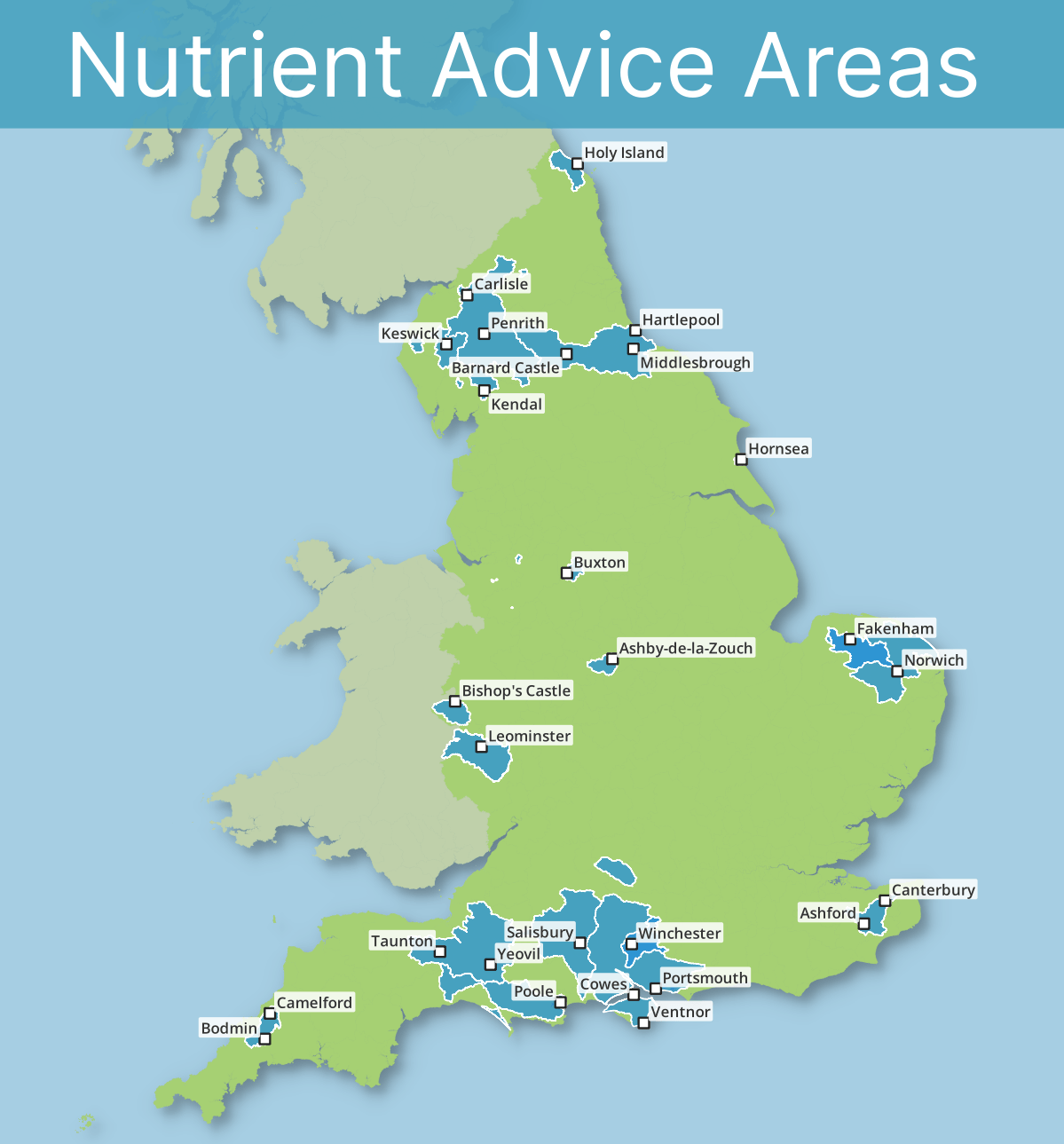Team Away Day: Foraging and Botany in Notgrove
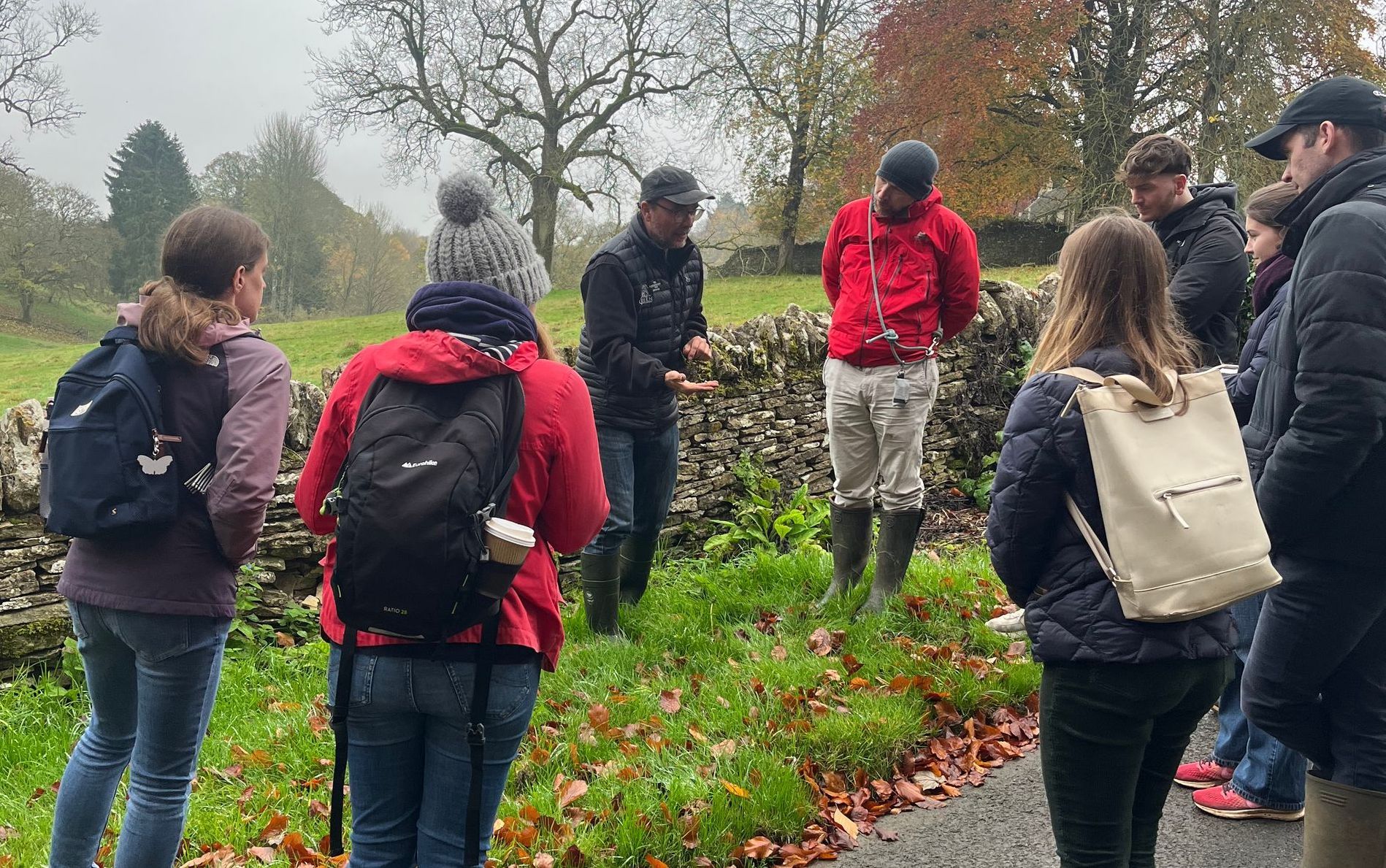
TEAM AWAY DAY: FORAGING AND BOTANY IN NOTGROVE
In our ongoing mission to foster environmental education and sustainable practices, our environmental consultancy team recently participated in a foraging course held in the picturesque Cotswold village of Notgrove.
The Notgrove Estate offered the perfect backdrop for this hands-on learning experience. With its diverse ecosystems, the area is rich in flora and fungi, making it an ideal location for understanding the abundance of edible plants and mushrooms that can be foraged throughout the year. The course was hosted by Wild Food UK who run courses across the country, at varying times of year with the aim of encouraging peoples connection to nature.
Our day began with a warm welcome and an informative introduction to Wild Food UK and the foraging experience that lay ahead. We were briefed on the countryside codes, with particular emphasis on the Foraging Code, which highlights the ethical and responsible practices necessary for sustainable foraging.
The group then set off on a walk around the Notgrove Estate’s expansive grounds. Led by an expert foraging instructor, we were taught how to identify a variety of edible plants and mushrooms. Each plant we identified had its own history of being used in cooking, medicine, and folklore and it was fascinating to learn.
The day concluded with a wild food meal that included a selection of foraged dishes prepared by our instructor, each showcasing the plants and fungi we had gathered during our walk.
In addition to the hands-on experience, each participant was sent a comprehensive set of course notes a few days after the course. This included links to articles and resources related to the plants and mushrooms we encountered during the day, providing us with an opportunity to continue our learning journey.
For our consultancy team, the foraging course was an invaluable experience. It deepened our understanding of local ecosystems, and enhanced our awareness of the biodiversity that surrounds us, reinforcing the importance of sustainable practices in all aspects of environmental work. We left Notgrove with not only a greater appreciation for the natural world but also the tools to integrate foraging and sustainable food practices into our personal and professional lives.
More from our blog
Remaining Neutral
